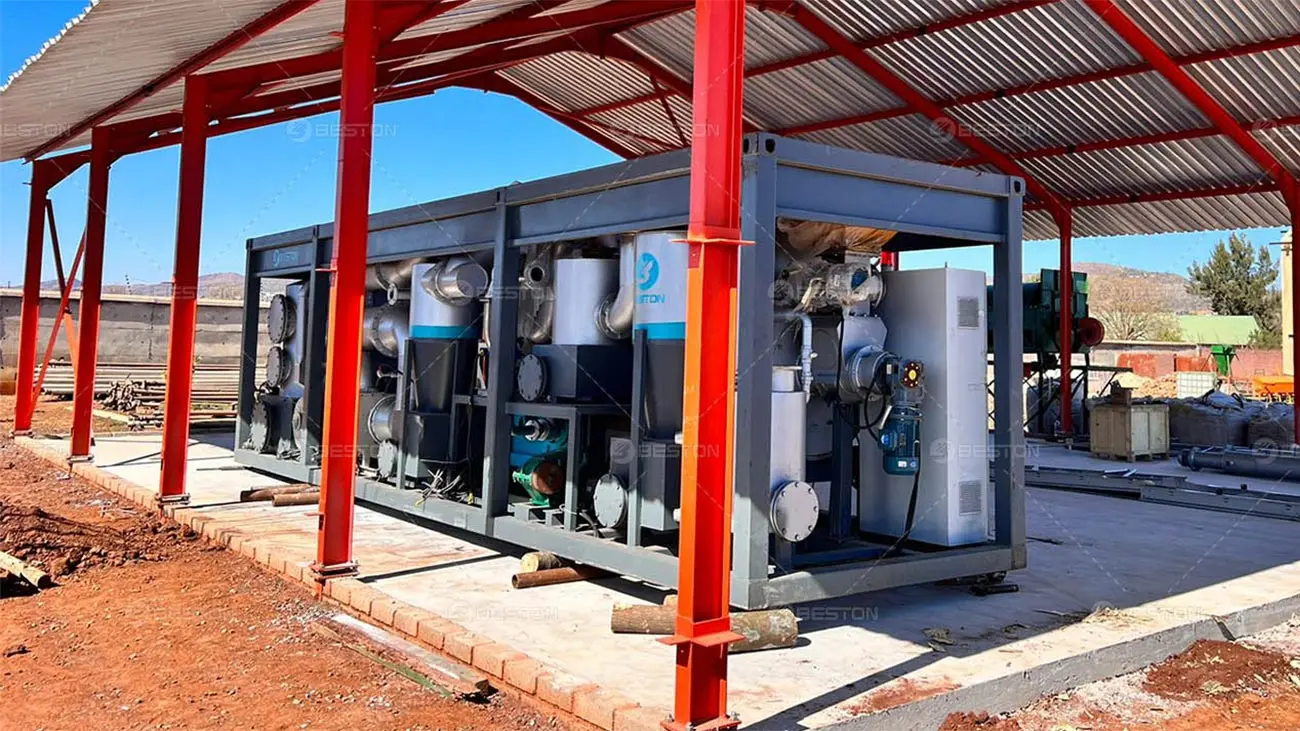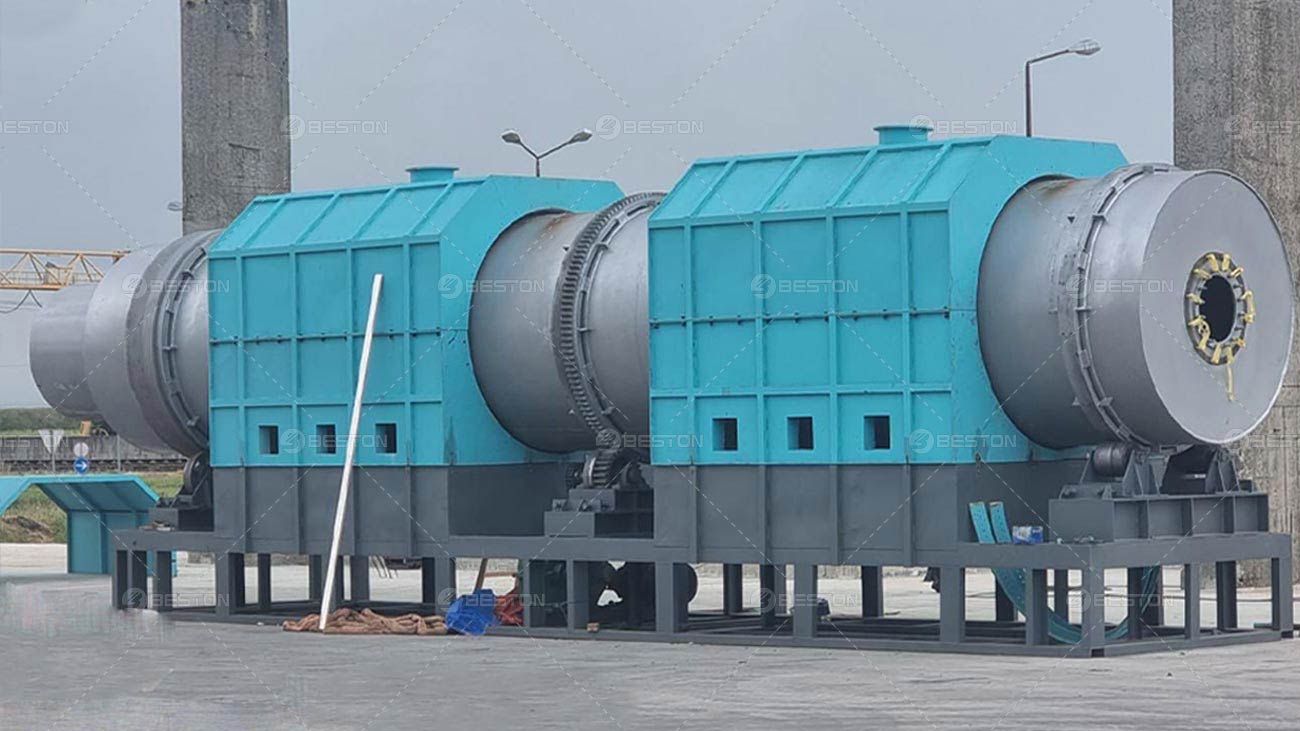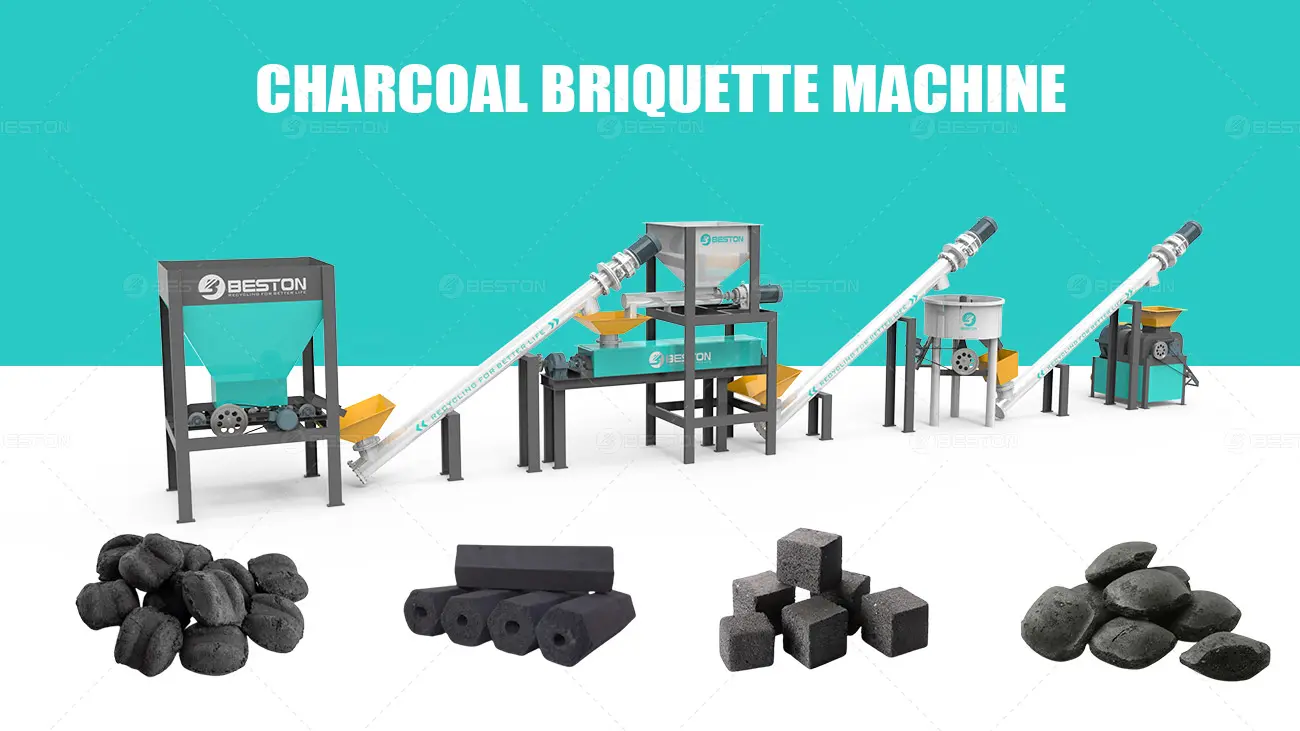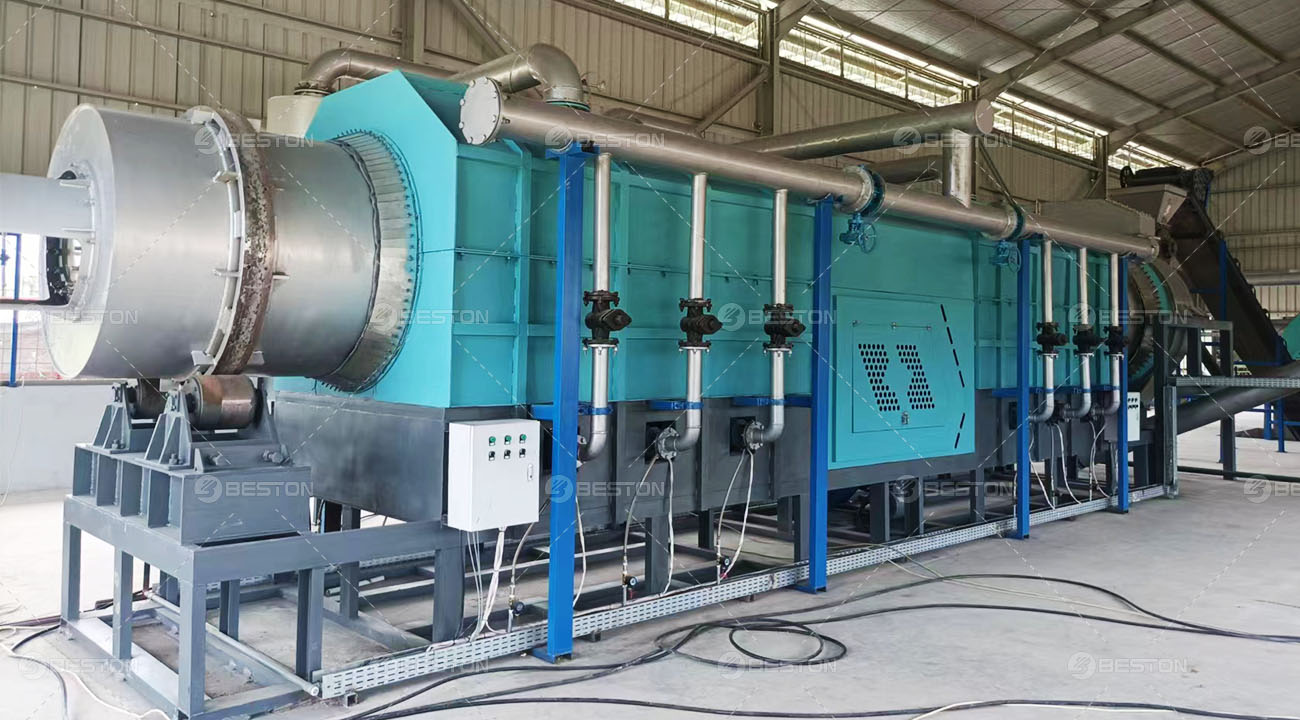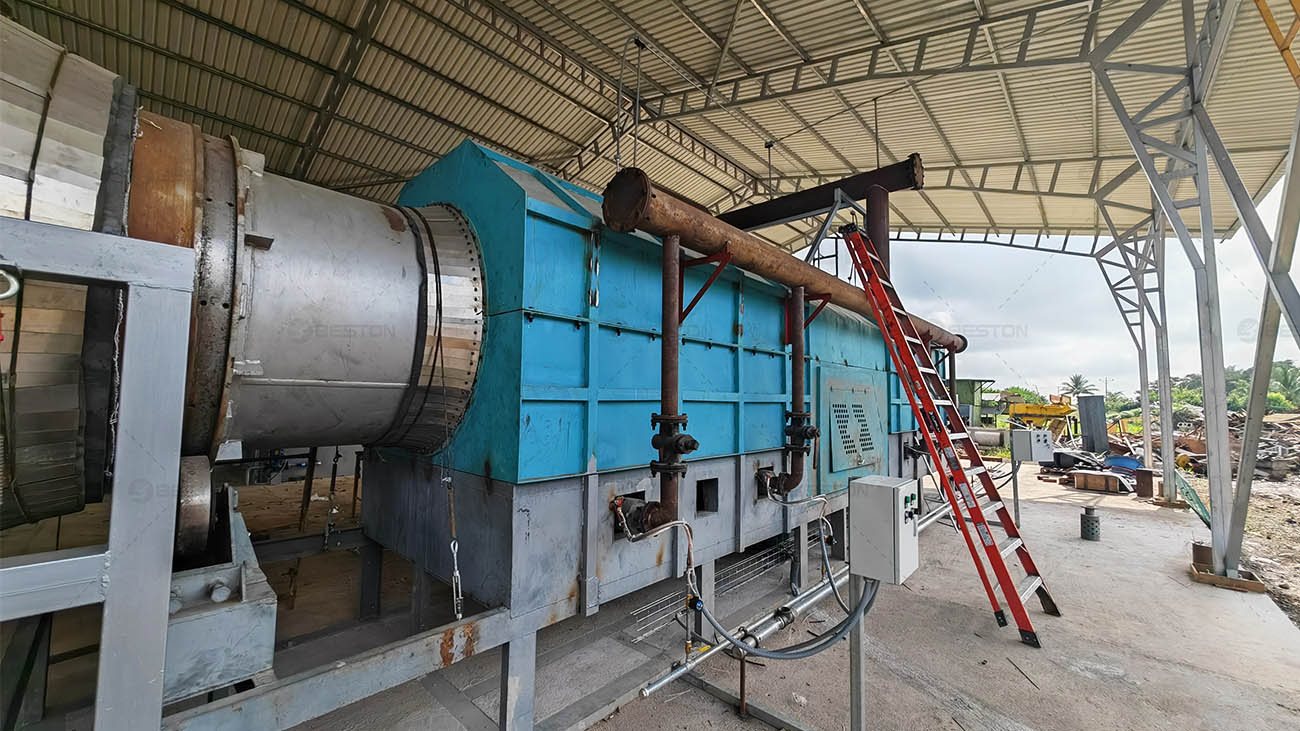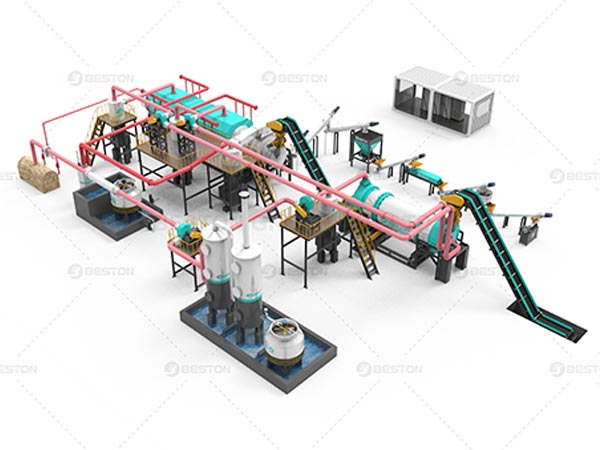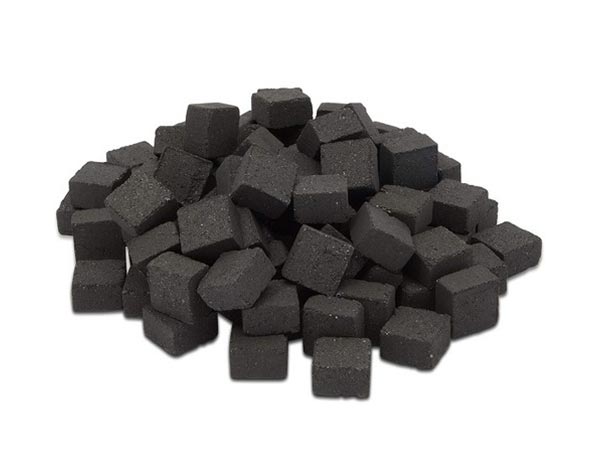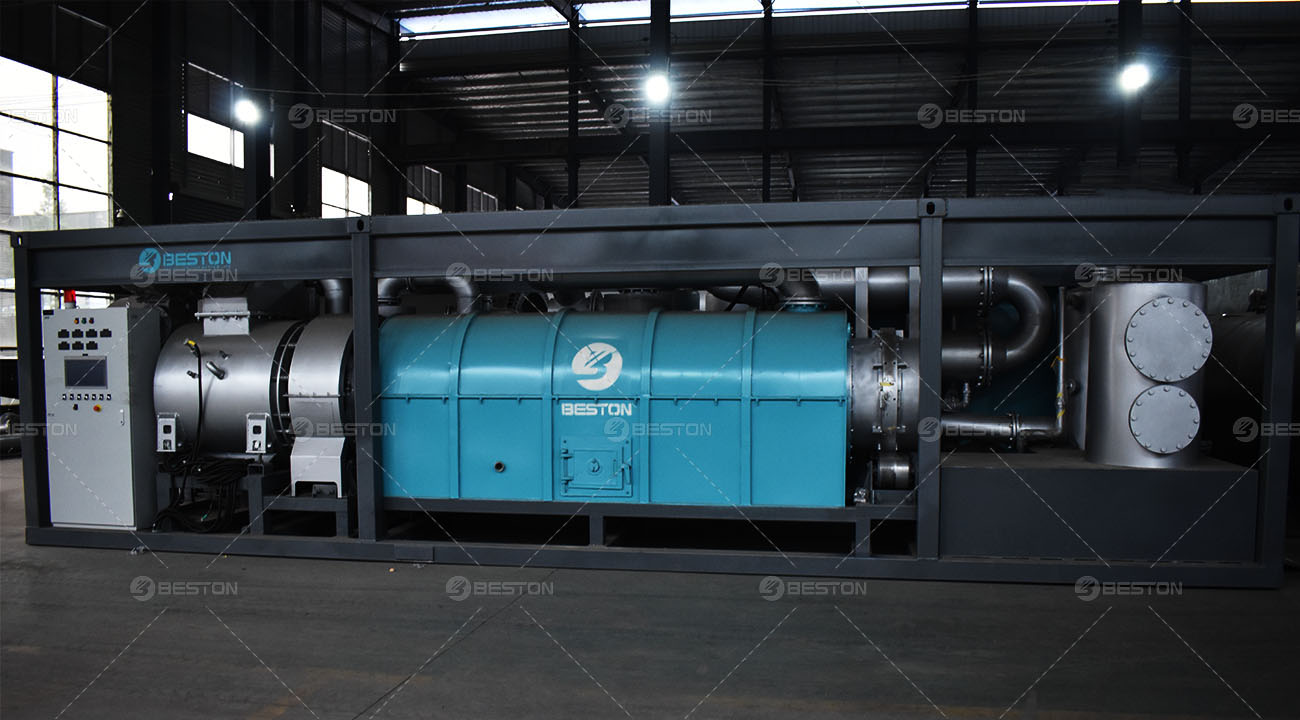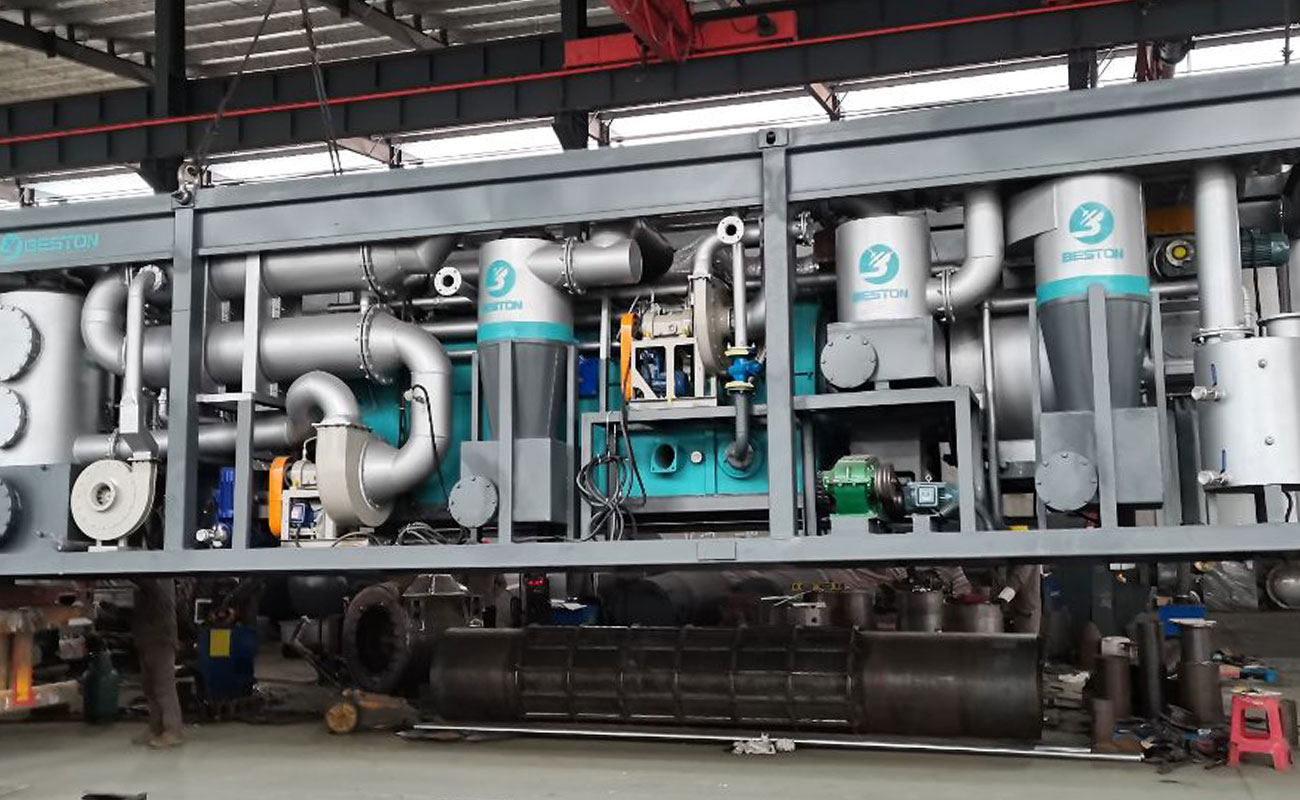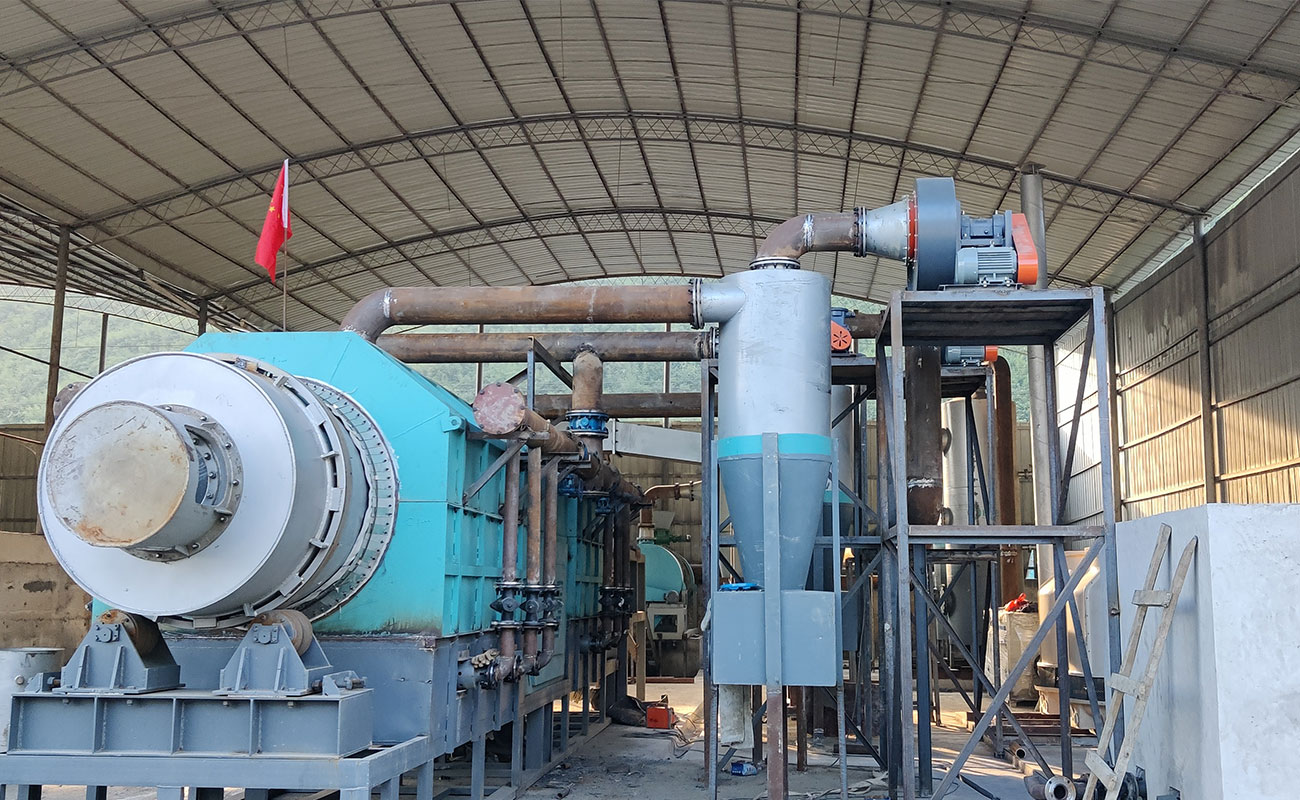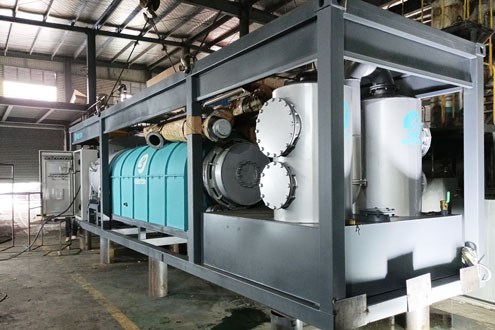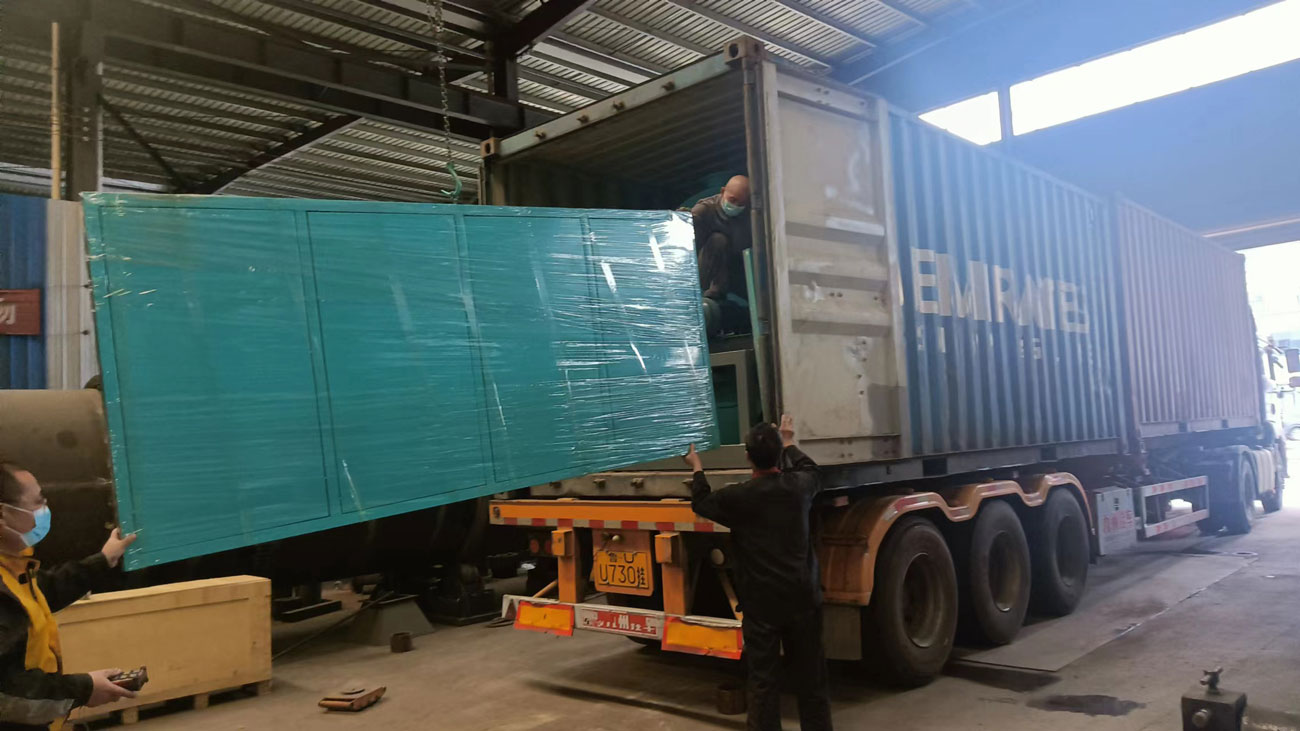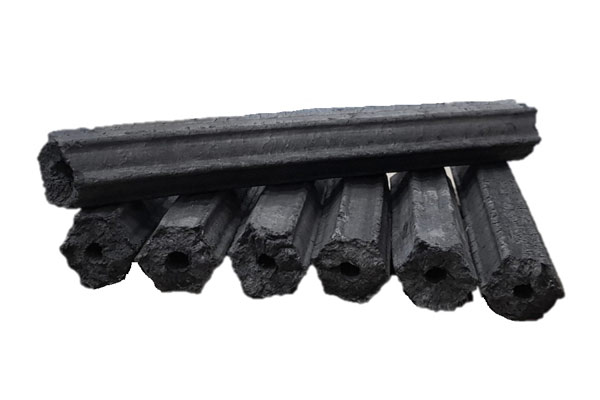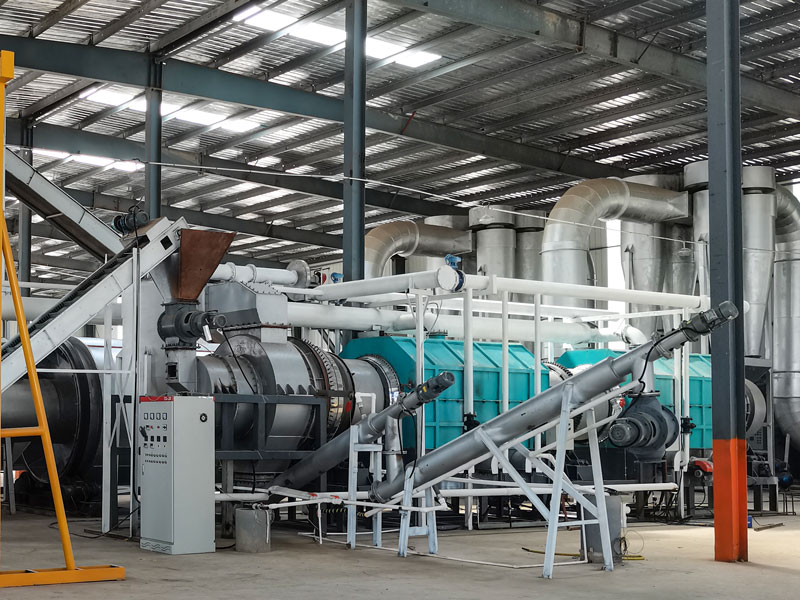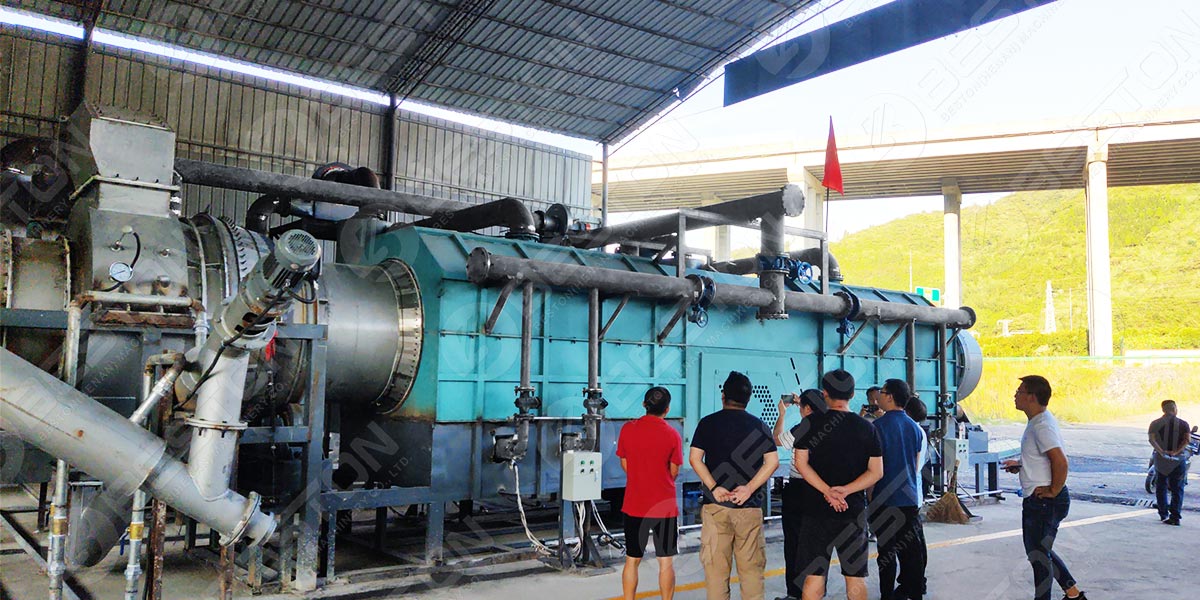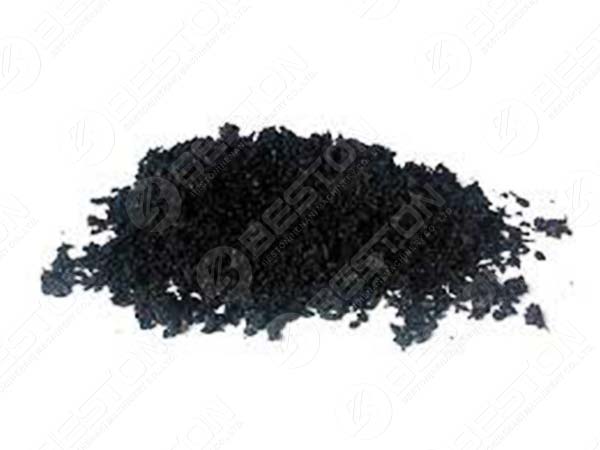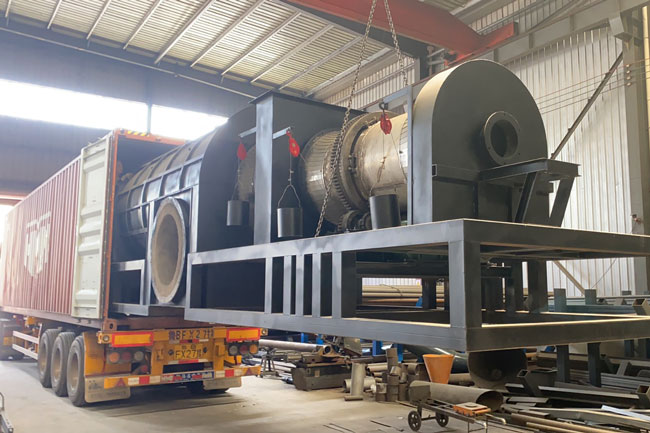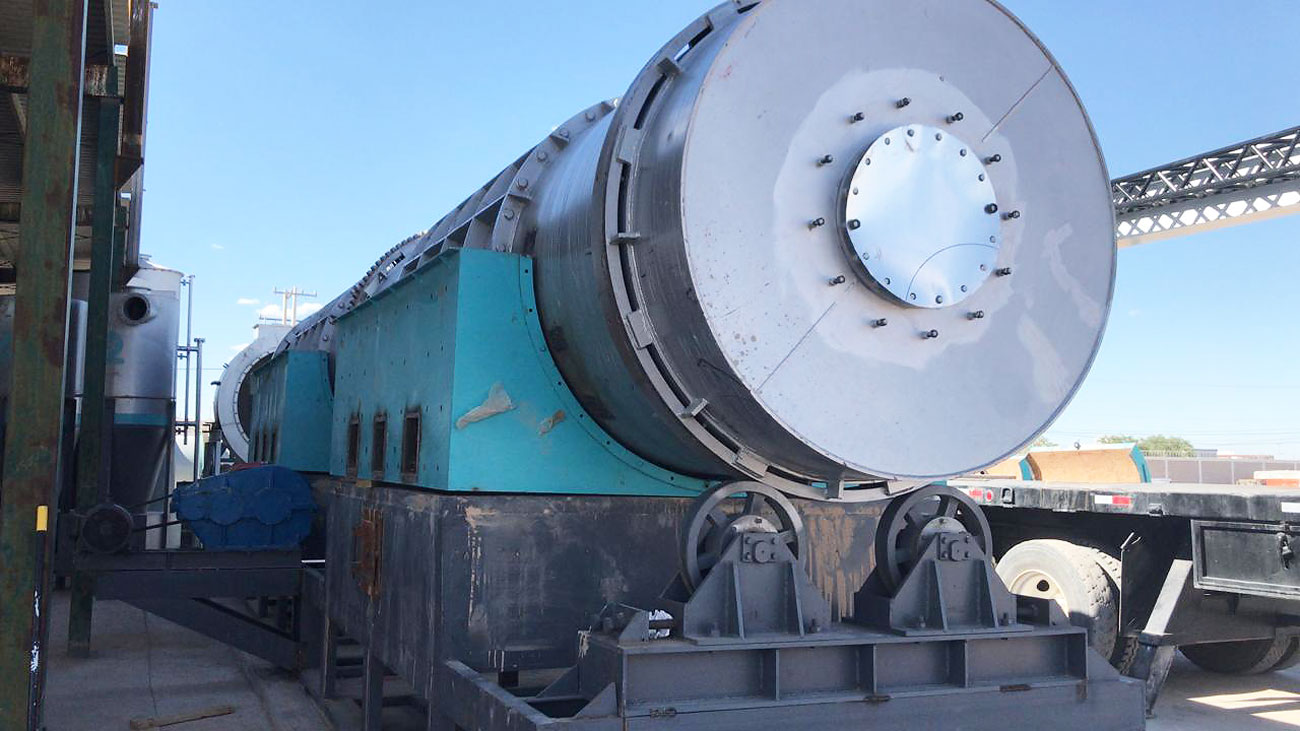With the world increasingly focused on sustainability, carbon neutrality, and renewable energy, the biochar industry is becoming one of the most promising sectors for eco-conscious entrepreneurs. Derived from the thermal decomposition of biomass in a low-oxygen environment, biochar has a wide range of applications in agriculture, waste management, energy, and climate mitigation. This article explores ten exciting business opportunities in the expanding biochar market — ideal for startups, farmers, and investors alike.
1. Biochar for Soil Amendment and Fertility Enhancement
Farmers around the world are turning to biochar as a natural solution to improve soil structure, increase water retention, and enhance microbial activity. Starting a business that supplies biochar to local farms and agricultural cooperatives is a low-entry, high-demand opportunity, especially in areas with poor soil quality.
2. Selling Biochar as a Carbon Credit Generator
Biochar is recognized as a long-term carbon sink. By producing and applying biochar, businesses can generate carbon credits, which can then be sold on voluntary carbon markets. Setting up a carbon offset company focused on biochar pyrolysis machine-based production can tap into the growing green finance sector.
3. Biochar Production from Agricultural Waste
Many rural regions are rich in biomass waste — such as rice husks, corn stalks, and coconut shells — which can be turned into high-quality biochar. Entrepreneurs can invest in a rice husk charcoal machine to start localized production units that convert waste into value-added products.
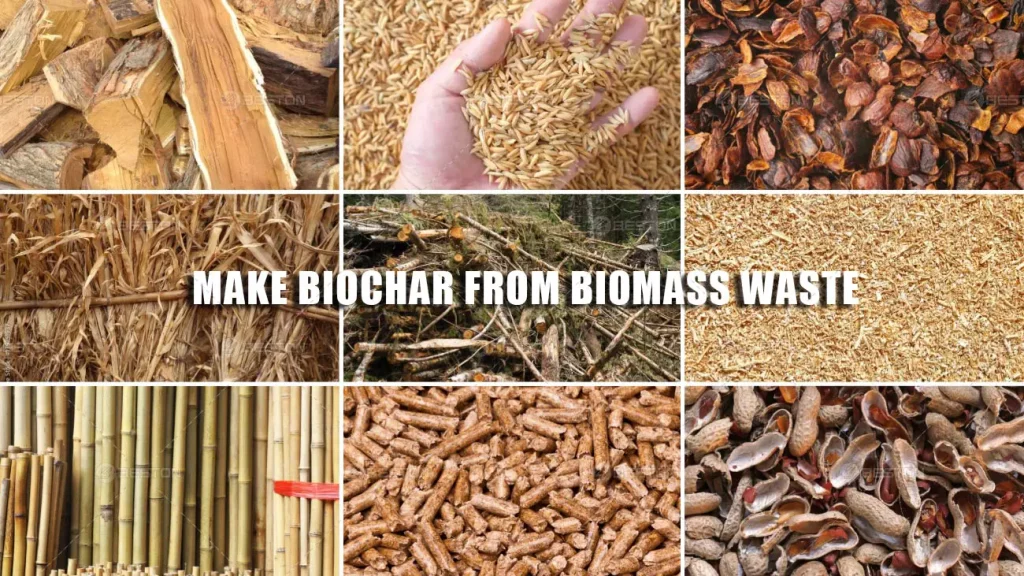
4. Biochar Livestock Feed Additives
Adding small amounts of biochar to animal feed improves digestion, reduces methane emissions, and enhances animal health. Entrepreneurs can develop biochar-based additives for poultry, cattle, and swine — especially valuable for organic and sustainable farms.
5. Biochar Cosmetics and Skincare Line
Biochar is increasingly being used in face masks, soaps, and exfoliants due to its absorptive and detoxifying properties. Entering the natural cosmetics market with a biochar-based skincare product line is a creative and potentially profitable idea.
6. Waste Management Services Using Carbonization
Municipal solid waste and agricultural residues are major environmental issues. Offering waste-to-biochar services to governments or private farms using a charcoal carbonization machine provides a dual benefit: reducing pollution while generating profit from carbon-rich outputs.
7. Biochar-Based Water Filtration Products
Biochar’s porous structure makes it excellent for filtering contaminants in water. There’s an emerging market for eco-friendly water purification solutions using biochar. Startups can design home or industrial-scale biochar filtration units or even partner with existing water tech companies.
8. Landscaping and Horticulture Applications
Landscape designers and horticulturists are embracing biochar to improve plant health, reduce fertilizer needs, and conserve water. Businesses can offer premium biochar blends tailored to flower gardens, lawns, or trees, targeting residential and commercial landscaping markets.
9. Biochar as a Renewable Energy Fuel
In some regions, biochar is used as a smokeless, long-burning fuel. Entrepreneurs can produce and sell biochar briquettes as an alternative to wood or coal. This is especially useful in off-grid areas or countries with strict emissions regulations.
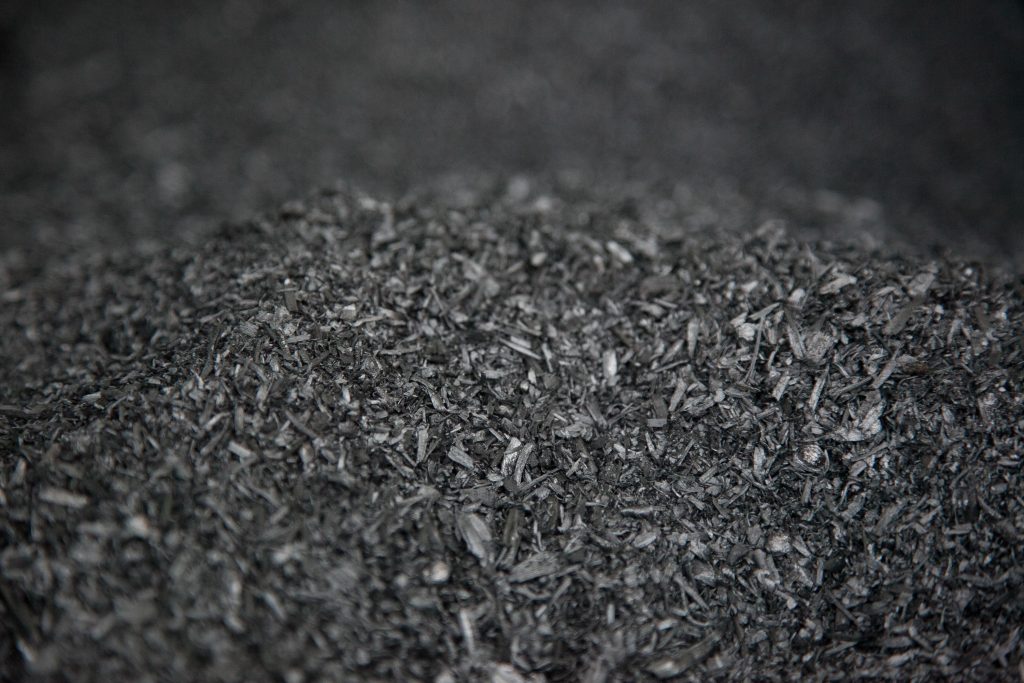
10. Consultancy and Equipment Distribution
As the biochar market matures, there’s a rising demand for professional consulting services and equipment solutions. Entrepreneurs can serve as local distributors of biochar pyrolysis machine, help clients design biochar systems, or offer guidance on project implementation, carbon credits, and compliance.
Conclusion
The global shift toward green innovation and sustainable living is creating enormous demand for climate-friendly technologies. The biochar industry not only promises profitability but also contributes meaningfully to environmental protection and resource circularity.
Whether you’re interested in agricultural products, clean energy, environmental services, or eco-friendly consumer goods, there’s a viable niche in the biochar ecosystem for you. With the right equipment, you can turn biomass waste into a high-value business and be part of the global solution to climate change. Beston Group Co., Ltd. is here to provide you with more details.
